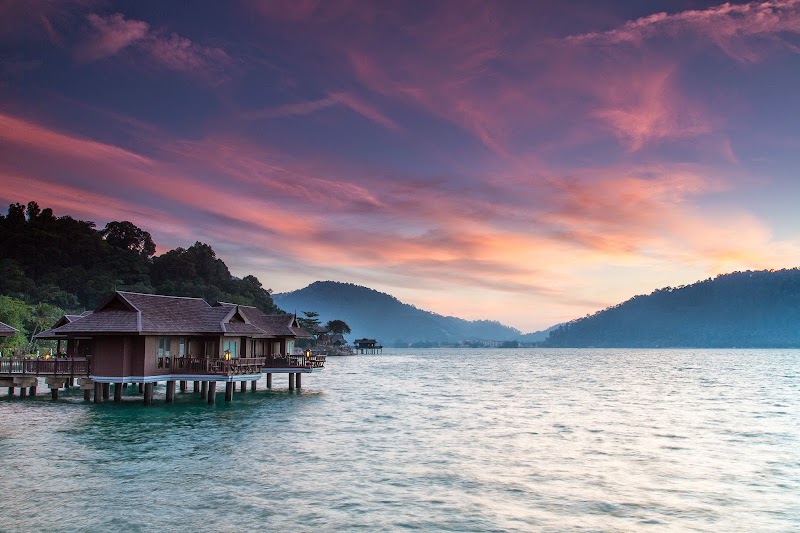
Lumut Mangrove Forest Reserve Adventures
Lumut Mangrove Forest Reserve is a vital coastal ecosystem in Perak, Malaysia, offering rich biodiversity and opportunities for nature-based recreation amidst thriving mangrove habitats.
About Lumut Mangrove Forest Reserve

Lumut Mangrove Forest Reserve is located along the coast of Perak, Malaysia, near the town of Lumut. It spans a coastal mangrove ecosystem that plays a critical role in coastal protection, erosion control, and as a nursery for various aquatic species. The reserve covers a significant area of mangrove swamps characterized by species such as Rhizophora and Avicennia, providing habitat to a wide variety of wildlife, including migratory birds, fish, crustaceans, and mollusks. These mangroves support local fisheries and contribute to the health of nearby marine environments. The area also serves as an important carbon sink by capturing and storing carbon in its dense root systems and sediments. Visitors to the reserve can explore boardwalk trails elevated above the water and mudflats, offering excellent opportunities for birdwatching, wildlife photography, and educational tours about mangrove ecology and conservation. The proximity to Lumut town and nearby Pangkor Island makes it accessible for day visits and eco-tourism activities such as guided kayaking through the mangrove channels. Conservation efforts focus on protecting this sensitive habitat from coastal development and pollution, ensuring the continued ecological function and resilience of the mangrove forest. The reserve’s combination of scenic coastal landscapes, wildlife viewing, and environmental significance makes it an appealing destination for nature lovers and those interested in sustainable outdoor experiences.
Highlights
Extensive mangrove boardwalks providing elevated views of the ecosystem
Rich wildlife viewing including migratory shorebirds and estuarine fish species
Kayaking opportunities through narrow mangrove channels
Educational signage and guided tours focused on mangrove ecology
Notable Natural Features
Mangrove Boardwalk
A series of wooden elevated pathways that allow visitors to walk through the mangrove forest without disturbing the ecosystem.
Bird Watching Sites
Designated observation points ideal for spotting a variety of shorebirds, kingfishers, and other mangrove bird species.
Mangrove Channels
Narrow waterways within the forest accessible by kayak, offering a close perspective on mangrove roots and aquatic life.
